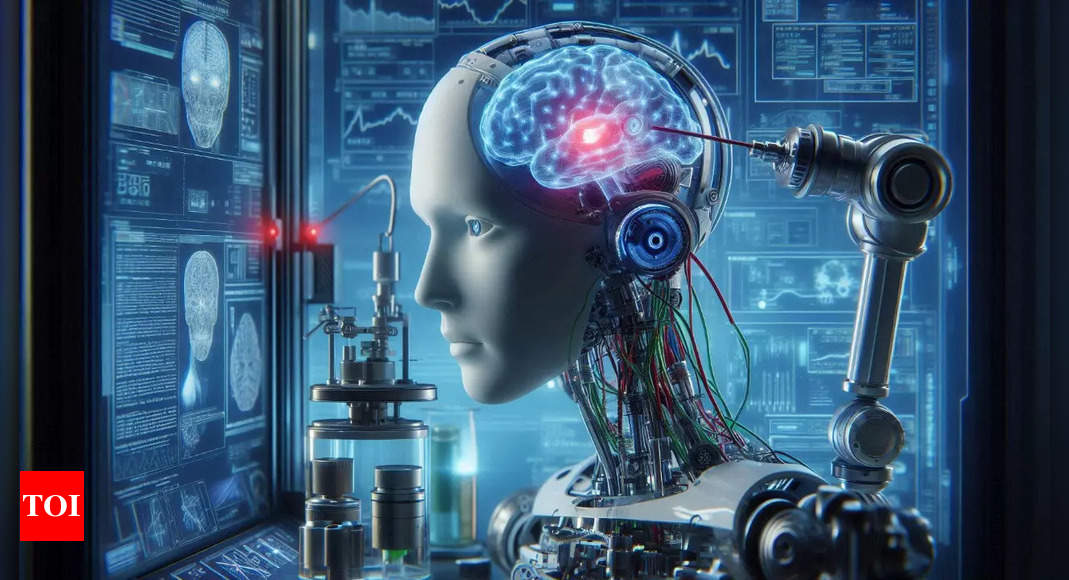Time: 2024-07-10

For over a decade , scientists have been experimenting with brain organoids , artificial brain tissue grown in labs , and connecting them to computer chips . Researchers in China recently took this concept a step further by implanting the organoid into a humanoid - like robot . This development provides a glimpse into the potential future of technology , where organoids could assist individuals with neurological conditions . The integration of brain tissue with computer chips aims to create a hybrid intelligence that combines the strengths of Human brains and Artificial intelligence , paving the way for groundbreaking advancements in the field.
In 2013 , the first mini - brain was grown in a test tube , leading to further research that incorporated these lab - grown brains with electronics . Recent studies have connected brain organoids to computer chips , with researchers at Tianjin University in China creating a robot with organoid intelligence ( OI ) named MetaBOC . This robot can perform tasks like obstacle avoidance , tracking , and grasping , expanding the brain - on - a - chip architecture from two dimensions to three . The results of this study were published in the journal Brain , marking a significant milestone in the development of brain - computer interfaces.
Scientists envision a future where organoids could be beneficial for individuals with neurological disorders , similar to other brain - electronic interfaces like Neuralink 's Brain Computer Interface ( BCI ) . By grafting organoids onto living brain tissue to stimulate neuron growth , researchers hope to improve the lives of those suffering from neurological conditions . While brain - computer interfaces have become a trending topic , bridging the gap between human ingenuity and AI cleverness , the integration of brain tissue with electronic components brings us closer to a world where human and artificial intelligence coexist.
Artificial intelligence has taken a significant leap forward with the creation of a brain - on - chip technology that utilizes human stem cells to develop brain - like structures controlling robots . Researchers at Tianjin University believe this breakthrough holds the potential to revolutionize brain - like computing and hybrid human - robot intelligence . The integration of brain organoids with electrode chips in a brain - on - chip system represents a new era of technological advancements , where the boundaries between human and artificial intelligence are blurred , opening up endless possibilities for the future of technology.